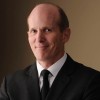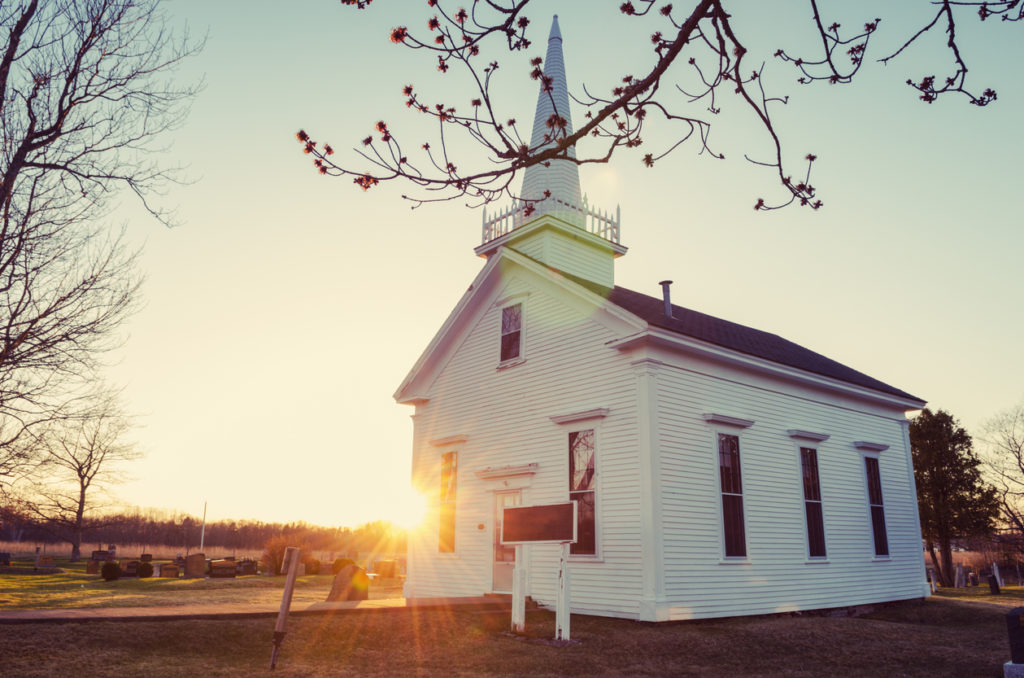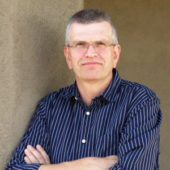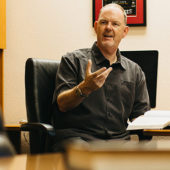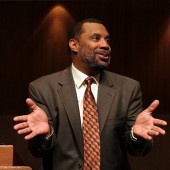In times of deep social division, it’s all too easy to find reasons to tune out those we disagree with. However, shouting our views louder doesn’t mean we’re being heard. In fact, social researcher George Yancey says we are losing the art of listening.
“The issue is we talk a lot, but we don’t listen. We listen so that we understand where a person is coming from, not that we have to agree with the other person. We think if I really understand the other person, it means I agree”
“It doesn’t mean that at all, but it means, I understand your perspective and why you have your perspective, which I think humanizes people so that we can have a conversation with them, and find some agreement, some compromise.”
When we stop looking for common ground and focus only on our disagreements tensions will run higher than needed. Truly listening to someone requires mental and spiritual discipline; you’re not just speaking to make your points, but listening to understand the other person’s perspective, and find a path forward together.
“Compromise has become a dirty word; compromise is the word by which we can live with each other. The only alternative is to convert everyone to exactly what we believe. As a Christian I’d love to see more Christians, but I live in the real world, too. People are going to choose not to be a Christian and I have to live in this world and learn to live with them.”
Yancey says another contributing factor to our current state of division is identity politics.
“Identity politics used to be something that we’d see much more on the left than on the right. You appeal to people based on their identity, could be race, could be sexuality, or gender; it can be a lot of different things. Identity politics promises that ‘if you support us, we’re going take care of you as a black person, etc.'”
“What we have now is identity politics on both sides of the aisle, and I just don’t think that’s the healthy way to go in our society. Solutions to the problems in our society are going to have to encompass most or almost everybody. Identity politics has a narrow focus–‘take care my group and then I’ll vote for you.’ Sometimes the solutions may be good for your group, but bad for the rest of society.”
Even the deepest divisions aren’t bigger than God’s ability to change hearts. A time of open disagreement can provide an opportunity for the church to bridge those dividing lines and to represent the full body of Christ, regardless of any other identity.
“I believe the church could transcend different identities. That’s not to say that, as an African-American myself, there aren’t certain things that impact me more than a European-American, and I shouldn’t be concerned about them. I do see that the body of Christ can transcend those identities, put them in the proper perspective, but also have an overarching goal or overarching values that can bring us together. I think we still can do that, but it’s much harder since we’ve become much more polarized in our society.”
George Yancey is professor of sociology at the University of North Texas, specializing in race/ethnicity, biracial families, and anti-Christian bias. He is the author of , , and more.
Learning to listen in the era of identity politics

